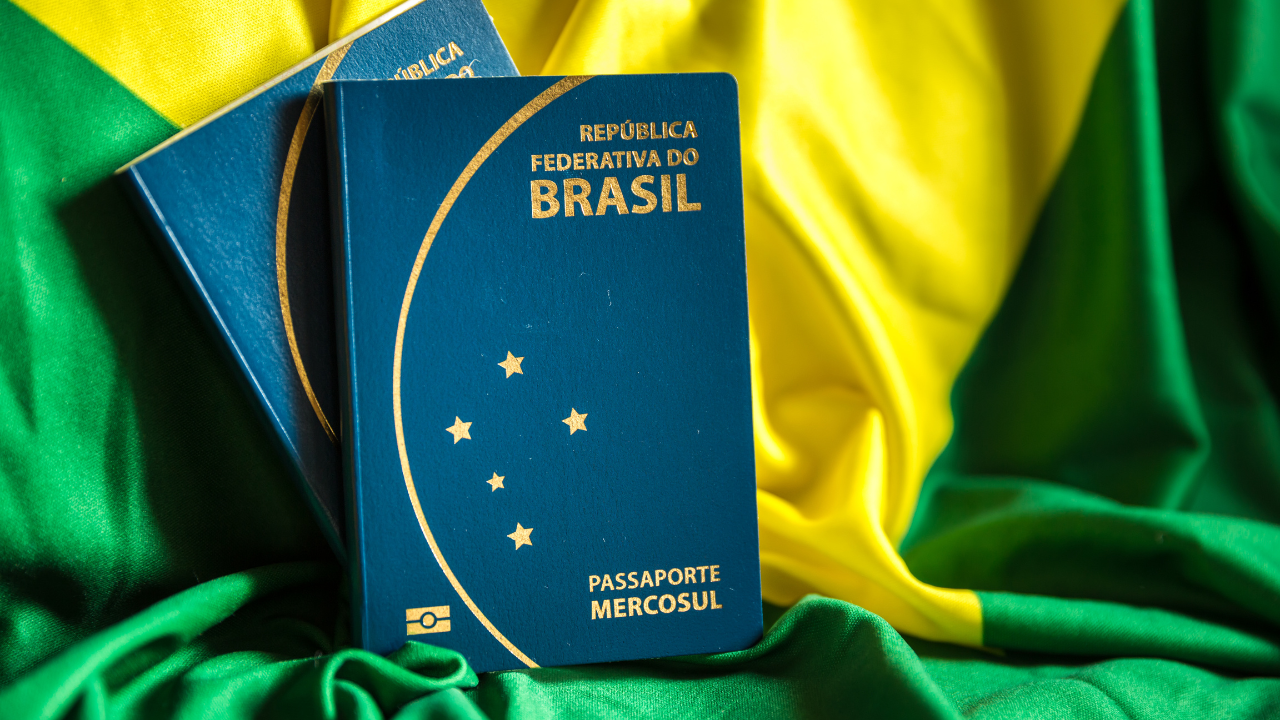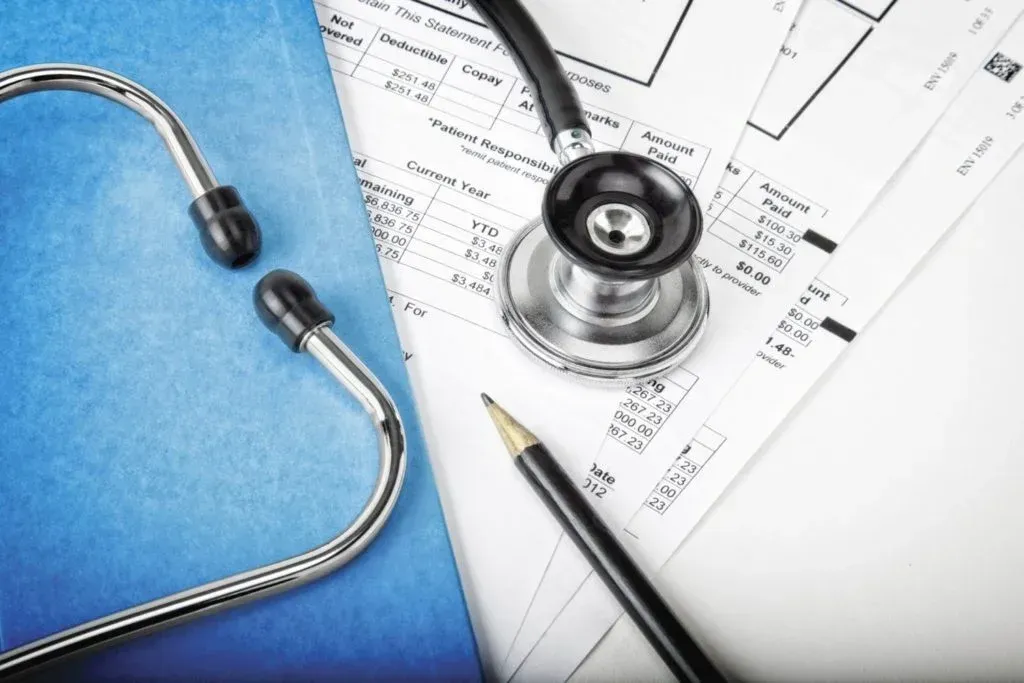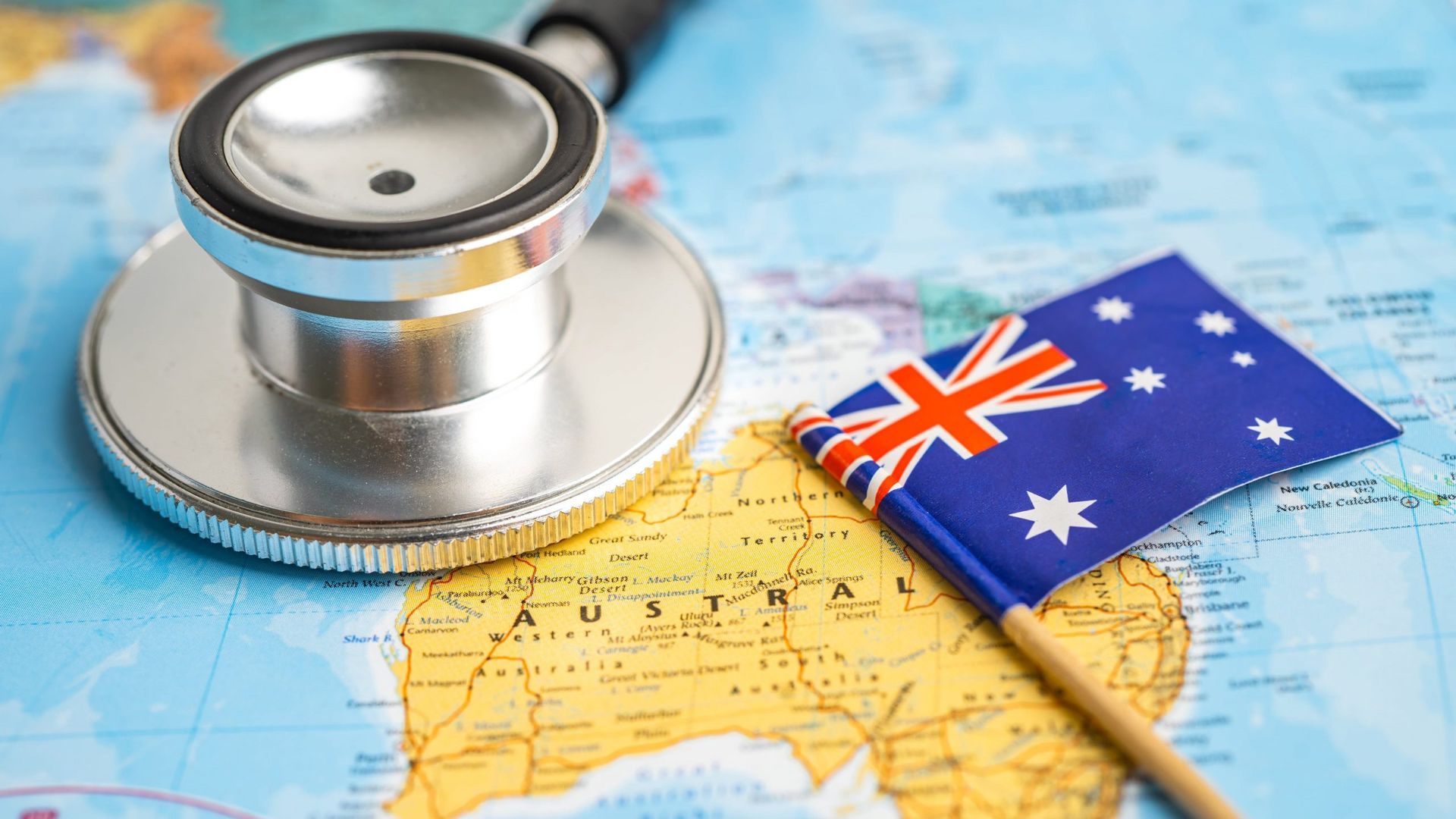Student Health Insurance Australia (OSHC) - How does it work?
To study in Australia you must be covered by a student health insurance policy. Although it is possible to buy your policy directly from the insurance companies' website, we recommend that you buy it through your exchange agent, because the length of the insurance can have a direct impact on your visa.
To understand how student health insurance works in Australia, we must first understand how their health system, Medicare, works. And how Australians understand preventative and diagnostic health care. We will explain these details and what each student insurance provider offers.
Here you will find secrets that nobody told you before you came to Australia!
A little bit of Australian culture
Aussies usually have a family doctor, the GP (General Practitioner), who follows your health regularly and has access to your family history, and is able to make diagnoses taking into account any genetic predispositions you may have. After all, he has treated your parents, and your grandparents before them.
In general, to see a specialist doctor, from gynecologist to dermatologist, you have to go to the GP first and they will make a referral to the specialist doctor. After all, he has treated your parents, and your grandparents before them.
If you choose to go to a private specialist, there is a good chance that the amount you will be charged will be more than what your plan will reimburse you for.
Why? To understand, we need to study how Medicare works.
Getting to know Medicare
Medicare is the Australian public health system. Unlike SUS, which provides all services and medicines completely for free. Medicare works like insurance and sets amounts that the government considers "fair" for each health service.
The providers (doctors and clinics) can charge as much as they like, but the government pays (to Australians) only the amount corresponding to the Medical Benefits Schedule (MBS), and if the provider chosen by the patient charges more than this, the patient is responsible for paying the difference, what they call here "out-of-pocket expenses".
With mandatory student health plans, OSHC (Overseas Student Health Cover), it works exactly the same. They will cover between 85% and 100% of the MBS amount. In other words, if you go to a clinic that is more expensive than what Medicare pays, you will have to pay the difference (out-of-pocket expense), even if you have health insurance.
Expense Reimbursement

Whenever you go to a doctor or clinic they will ask you if you have a Medicare card, and you will certainly say no. In this case the clinic will probably ask you to swipe your credit card for the full amount of the consultation/examination, or they will issue you an invoice, which will arrive at your home with a date for payment (similar to a bill). In this case the clinic will probably ask you to swipe your credit card for the full amount of the consultation/examination, or an invoice will be issued, which will arrive at your home with a date for payment (similar to a boleto).
After paying for the service, you can (and should) ask your health plan for reimbursement.
The name of this process is "to make a claim". Each OSHC offers a different platform to make the claim, but in general it is possible to do so via app or email, where pictures of the invoice and proof of payment must be submitted.
It is possible to claim reimbursement even for prescription drugs. Each OSHC offers a different platform to make the claim, but in general it is possible to do so via app or email, where pictures of the invoice and proof of payment must be submitted.
For Australians the amount is already discounted at the pharmacy cashier, for students you need to take a photo of the prescription and receipt of payment to make the "claim" and request from the insurance the difference in value covered by the PBS.
Bulk Billed or Direct Billed
Many places and providers that charge Medicare make arrangements with the health plans to offer "Bulk-Billed" visits and services, which are billed directly to the plan. In these cases you do not have to pay the bill and then seek reimbursement. The bill goes directly to your plan (similar to the health insurance system in Brazil, you just need to present your health card).
We recommend that students always find out about the bulk-billed clinics and physicians in their plans to avoid unnecessary expenses. Each provider offers a search engine on their website for locations and providers with direct billing to the insurance.
How to choose my OSHC insurance?
The prices of insurance are set by the exchange agencies. In other words, they will all offer you the same price (or should). To find out if the price they are offering you is the right one, you can enter
here and quote all providers at once.
On this site you can also shop around for the benefits of each insurance provider. In general they all offer the same benefits, except when we are talking about medical specialists, pathologies and x-rays. For these services BUPA and CBHS are the only ones that cover 100% of the MBS, the others cover only 85% of the MBS (remember that this is the amount stipulated by the government, the price charged can be much higher).
Distinguishing an emergency

We have the habit of rushing to the hospital emergency room at the first sign of danger. In Australia this is considered wrong and emergency rooms should be reserved for extreme cases.
Even to be admitted to the emergency room there is a $500 fee (approximate amount, depending on the hospital visited) and if the diagnosis is not considered truly emergency, your plan will not reimburse you.
So the next time you wake up with an earache or have that super emergency situation, try to contact your GP first and make an appointment for the same day, thus avoiding an expense that you will never your money again...
Getting Test Results
It is very common in Australia that you never get to see your test results. They are sent directly to the ordering doctor (and to your GP, if he is not the original ordering doctor). And you will be called for a new appointment if anything is out of the ordinary (if everything is ok, you may never be told anything).
The idea is that people who are "unqualified" to read test results (aka you) should not try to decipher what they really mean, or that you may need follow-ups to get news of bad diagnoses, so who will interpret the results and tell you only what is necessary is your doctor.
What's not covered
Some services are not paid for by insurance coverage, as well as some services are related to the length of your visa.
For example, OSHC generally only cover services in relation to pregnancy after a one-year stay in Australia.
There is a list of specialties and procedures that are not under the obligatory health insurance, for example:
- treatments for diagnoses prior to your arrival in Australia (also called pre-existing conditions);
- procedures for assisted reproduction, such as in vitro fertilization;
- dental services;
- physiotherapy;
- ophthalmological services.
Student Insurance Providers (OSHC)

It is difficult to choose a provider without being here and actually using the services of each one.
Personally, I always recommend BUPA, because it has a better coverage of the paid MBS amounts and has a larger network of accredited places.
But many students also use AHM (second in the image above) and mistakenly call it OSHC because the logo has this acronym bigger than the name of the provider itself. AHM and NIB usually have the lowest price, which is very attractive for exchange students trying to save money.
Regardless of the insurance company you choose, you will have access to basic health services and will be covered in case of any accident! Just be careful with exams that you don't know the value of, because the invoice arrives later and the surprise can be very expensive! Always look for Bulk-billed places and don't forget to activate your policy as soon as you arrive in Australia and to ask for reimbursement of all your health costs!
If after all this you still want to know more about OSHC health insurance or need help choosing/buying yours, we are always available! Talk to us through our whatsapp or email
contact@educationway.com.au and we will be happy to help you!






